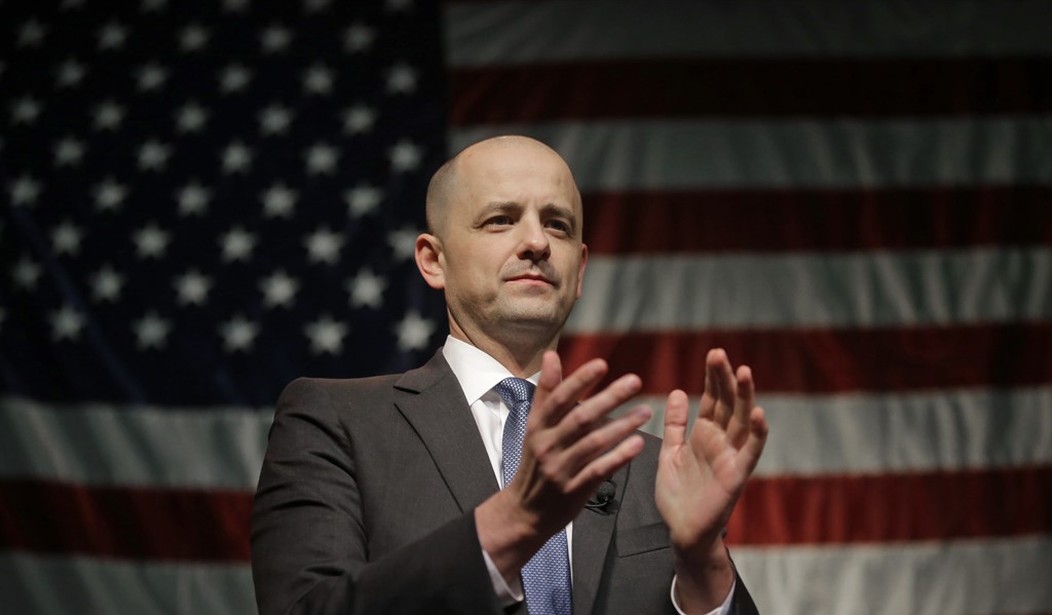While Sens. Bernie Sanders of Vermont and Angus King of Maine are both registered independents, the fact that they caucus with Democrats is what allows them to enjoy the full benefits of being in the U.S. Senate.
Senators who choose not to work with either party may lose out on committee assignments, which means they would miss out on committee votes and participating in hearings.
Evan McMullin, the Independent Senate candidate from Utah, claims that he wants to caucus with neither Republicans nor Democrats, according to The Salt Lake Tribune.
While that might sound great to those who are fed up with the two-party system, his proclaimed decision would have negative consequences for Utahns if he were to win the election.
If McMullin were unable to get a committee assignment, his constituents would be deprived of that aspect of representation. Committees are a crucial part of how Congress functions because they’re typically where lawmakers are able to contribute their knowledge in an area of expertise. Lacking a committee role drastically weakens a lawmaker’s power, which is why it was such a big deal when Rep. Marjorie Taylor Greene (R-Ga.) lost her assignments last February.
All McMullin would be able to do is serve as an empty-suit replacement for his opponent, incumbent Republican Sen. Mike Lee.
Related: Utah Democrats Nominate Independent Evan McMullin to Run Against Mike Lee
McMullin’s Independent campaign is at best placating Utah voters and at worst flat-out deceiving them about his intentions.
His endorsement from Utah Democrats at their state convention last week, paired with his frequent criticism of the Republican Party, indicates that he would likely caucus with Democrats in the Senate. But Utah is a red state, so it would be difficult to win over Republican swing voters if McMullin revealed any desire to caucus with Democrats.
Although unlikely, it’s also possible that McMullin’s conservative ideological leanings could lead him to caucus with Republicans, which would anger the state Democrats who are supporting him. Either way, it’s a losing situation for either McMullin or voters.
While Lee is arguably one of the more controversial Republicans in the Senate, it’s unlikely that McMullin actually has a shot at unseating him. A Deseret News/Hinckley Institute of Politics poll from March showed Lee at 42% compared with McMullin’s 19%. There’s also an unendorsed Democrat, Kael Weston, who is at 11%.
An OH Predictive Insights poll taken in February showed a tighter race, with 34% for Lee and 24% for McMullin — still a significant lead given the number of undecided voters.
A lot can change before the election, but these numbers hint that Lee is a shoo-in, especially because there are three main candidates in the race. The Utah Senate race is certainly a political rarity, and voters should not be duped by the intrigue of an independent.









